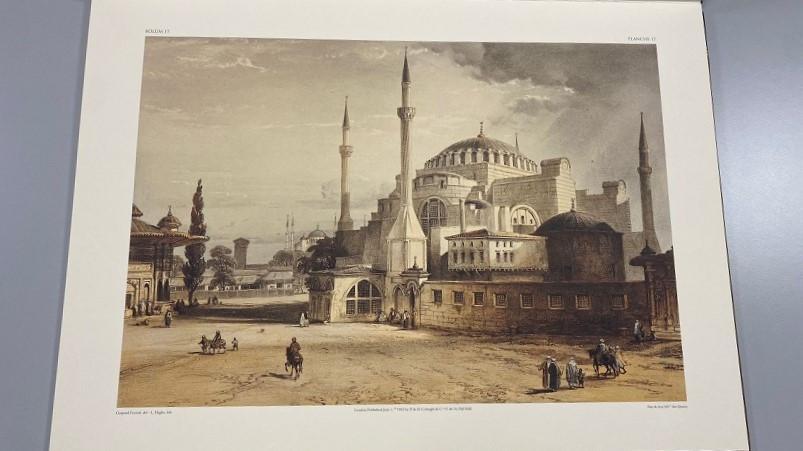US, Turkish, Azeri leaders engage in phone talks over Nagorno-Karabakh
Hurriyet Daily News with wires

refid:11387588 ilişkili resim dosyası
U.S. President Barack Obama telephoned his Azerbaijani counterpart Ilham Aliyev Tuesday and expressed support for the resolution of the Nagorno-Karabakh conflict.
Obama also told Aliyev that the
Aliyev's office said Wednesday Obama and the Azeri leader "had a frank conversation during which they expressed satisfaction at the successful development of Azerbaijan-U.S. relations".
"Barack Obama informed the Azerbaijani leader about steps taken by the
Turkish President Abdullah Gul also called Aliyev to brief the Azeri leader on his discussion with Obama about the latest developments on Turkey-Armenia relations and the Nagorno-Karabakh conflict during the U.S. president's visit to his country, TV channels reported Wednesday.
Addressing Turkish lawmakers Monday, the
He had also praised "courageous" contacts between Turkish and Armenian leaders aimed at reconciliation and said
Azeri officials have expressed concern over the prospect of the border being reopened and some media reports suggested that
Aliyev also refused to attend an international meeting in
Normalization talks continue
Turkish Foreign Minister Ali Babacan said Tuesday that
"We are working on a comprehensive solution, and our talks are going well. We have made significant progress so far, and both parties have declared satisfaction over the process several times," Babacan was quoted by the Anatolian Agency as telling reporters at a news conference after the second gathering of the Alliance of Civilizations in
"I think third-party countries should act with sensitivity during this ongoing process," he said.
Babacan said
Both countries have however been engaged in a normalization process, including the reopening of the border, since Turkish President Abdullah Gul paid a landmark visit to
















